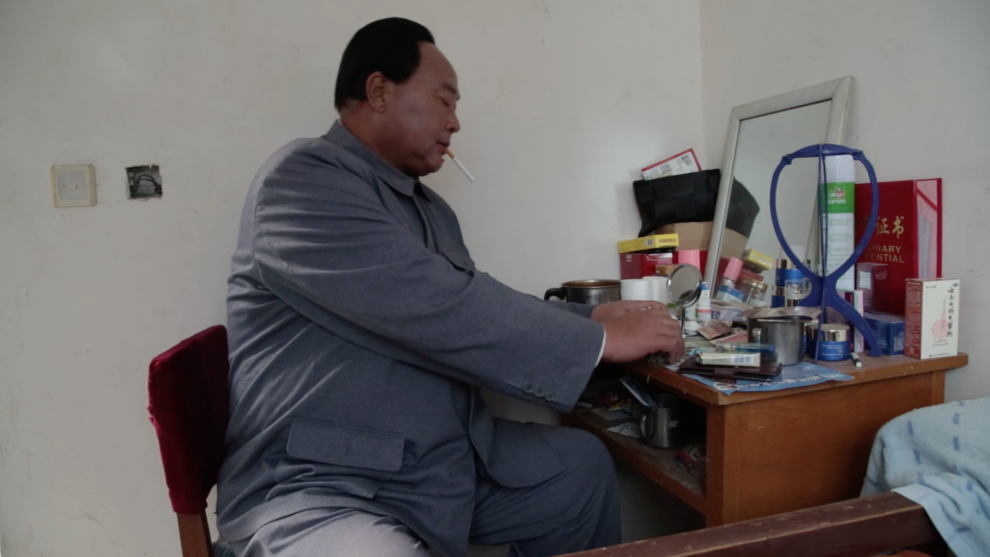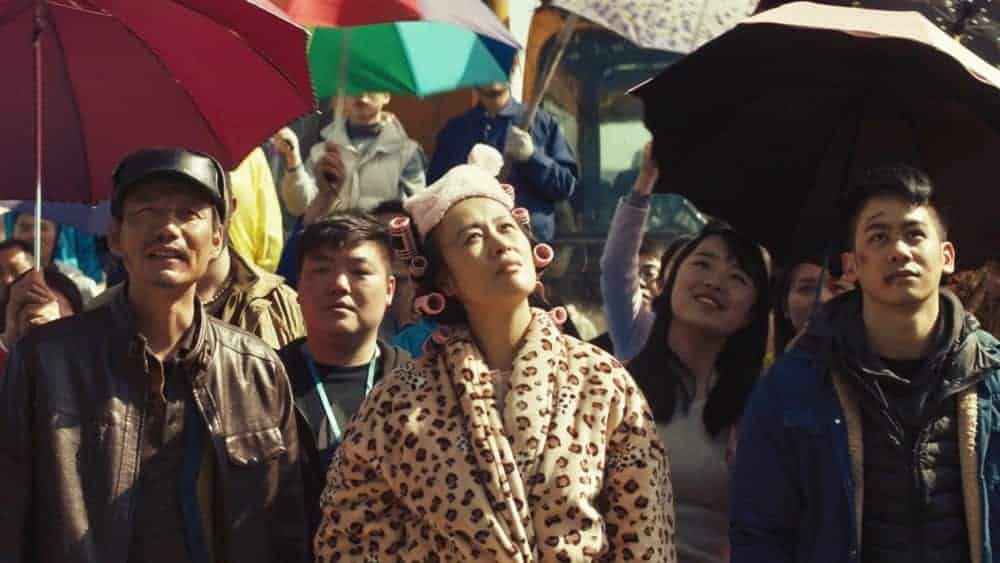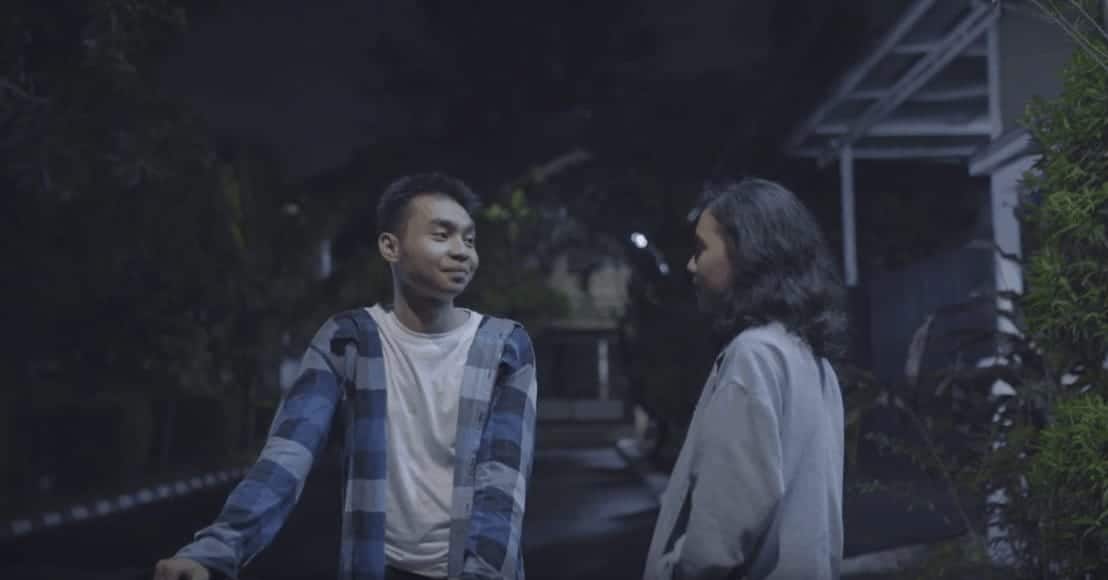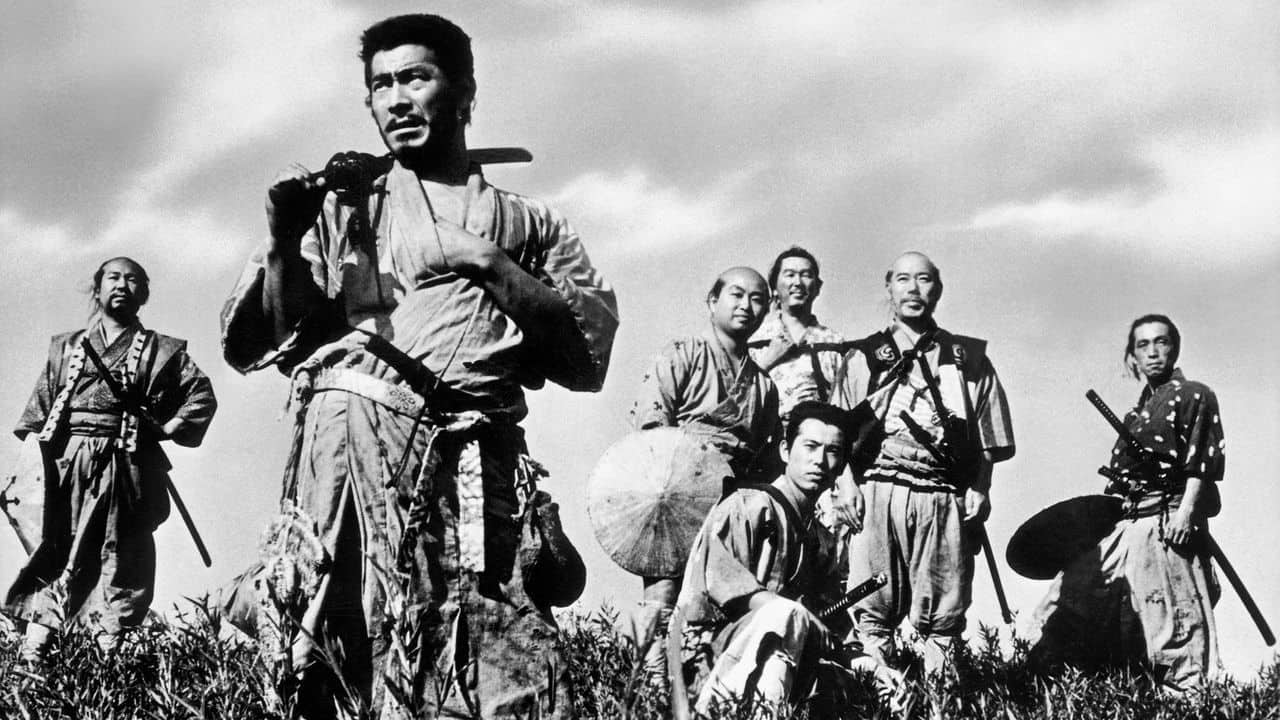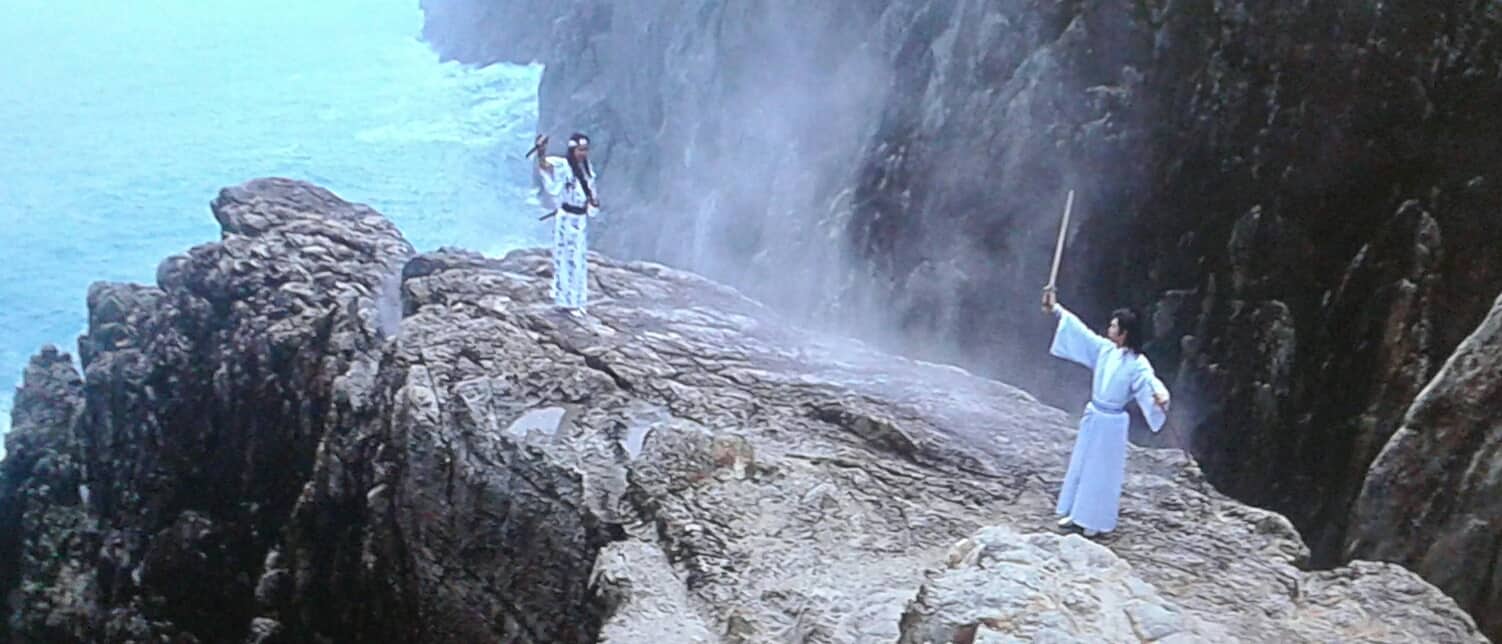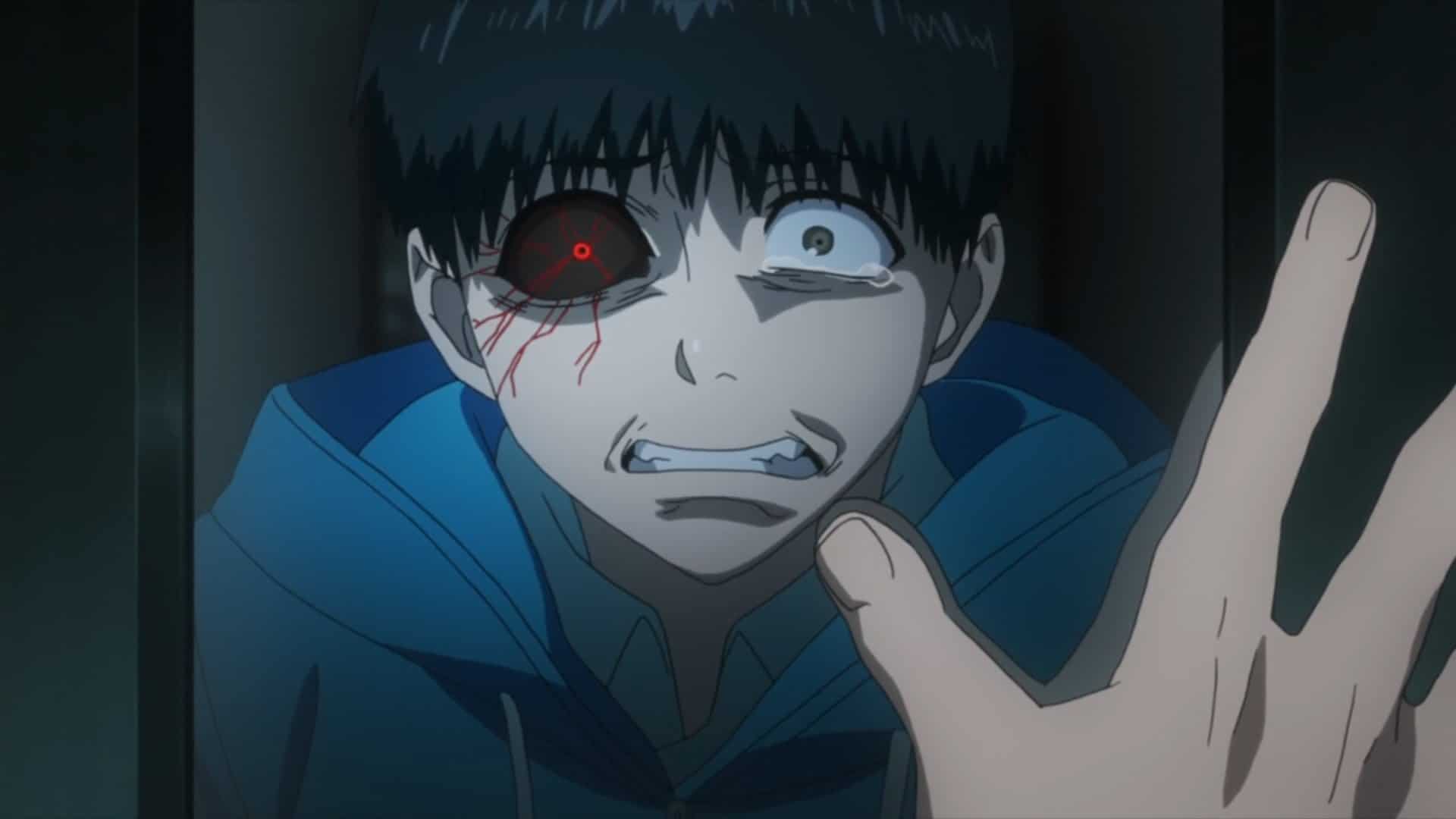“My Name is Bai Sanming” is the newest film of the Chinese documentarian Du Kangwei. With it, the director continues the exploration of topics started in his previous work. This time, though, he does it through the world of professional Mao Zedong impersonators.
Bai Sanming is one of these Chinese whom the rapid industrialization and economic progress of their country seems to have skipped. He is a poor old farmer who as a means to provide for his family, including sons and grandkids, works as a Mao Zedong impersonator. He takes photos with visitors at a nearby park, attends gatherings where he gives fiery speeches in front of fervent believers, and makes appearances at alcohol conventions.
Du Kangwei's documentary shows the continued cult of personality towards Mao in rural China. The masses are not content only with worshiping the dead chairman through photos, books, and other media. No, they want the real deal, the dead revolutionary in flesh and blood. The demand for professional Mao impersonators is so high, in fact, that it seems like every city has at least one. Some of them look like the dead revolutionary, while others, simply wear his clothes. This is a very interesting phenomenon that seems to be unique for China, as we haven't heard of such a practice in other countries with a widespread cult of personality. If anything, such forms of cosplaying are strongly discouraged at best and severely punished at worst. As Bai Sanming mentions briefly towards the beginning, such make believe and use of the dead leader's face is officially forbidden by the Chinese Communist Party. However, as we see as the movie progresses, it is not only allowed, but at times pushed forward by the government. We witness the last during a commemoration for Mao's birth when Bai Sanming and his wife are treated by the police as if leader himself is visiting his own celebration.
Though the cult of Mao Zedong is supposedly not officially practiced anymore in China, Du shows that there are still numerous people, both old and young, who worship the dead leader. Wherever Bai goes in his Mao garb, people want to speak with him, take photo with him, or simply shake his hand. There is a striking scene around the middle when he takes the subway dressed in Mao's garb and a relatively young girl begs him to take her seat. Though she never says it out loud, the leader is let to believe that she does so not because Bai is a senior member of society but because she simply cannot let the great leader of the party stand while she is sitting. This culminates during the night of the aforementioned celebration for the Chairman's birthday, when the masses of worshippers go insane to put it mildly. They shout, play drums, and push each other in what looks more like a religious ritual akin to a Navaratri celebration in Bangkok for example than that of an atheist communist leader.
Together with the continued fervent cult of Mao, the movie shows another aspect of contemporary Chinese society – the spread of capitalism and the worship of money and commodification of people that accompanies them. After all, Bai Sanming is making money out of impersonating Mao, and as we see towards the middle, sometimes his earnings are quite high. He is flown to different cities to attend alcohol conventions and promote a certain brand. We see here how the leader of the Party and mastermind of the revolution is turned into a commodity used to sell goods. Furthermore, by having him there in a way tells the consumers that the great leader and through him, the entire Communist Party, stands behind the quality of the product, but also that by buying the product, the consumers show their loyalty to the party. In that, these events “graced” by Mao's impersonator commodify, betray, and make fun of people's loyalty.
However, as the numerous interviews with Bai Sanming and his wife show, the old farmer does not act as Mao just to make profit. He is not some petty scammer that tries to earn a quick buck. He seems to see the his work as something very important, as something like a tribute towards a man he truly respects. From the dignified way he walks, acts, and smokes to the words he choses when he speaks when he acts as Mao, we can see and feel Bai's adoration towards the leader. Just compare the ways he gives interviews while in character and when he is himself. As Mao, his expression is fluid and his words are filled with gravitas, while when he speaks to the camera as himself, a relatively poor Chinese farmer who has dreamt of becoming an actor, his answers are stilted by long pauses, leading to numerous jump cuts so as to create some semblance of a logical answer, and his words – lacking any gravitas.
It would be very easy for the message of the film to fall into an extreme, showing Bai as a poor farmer who plays in a make believe, so he can feel powerful and rich for an hour or two or a schemer who does it only for money. Luckily, Du Kangwei manages to show his subject in a very nuanced way, shining a light on the contradictory aspects of his practice and beliefs.


